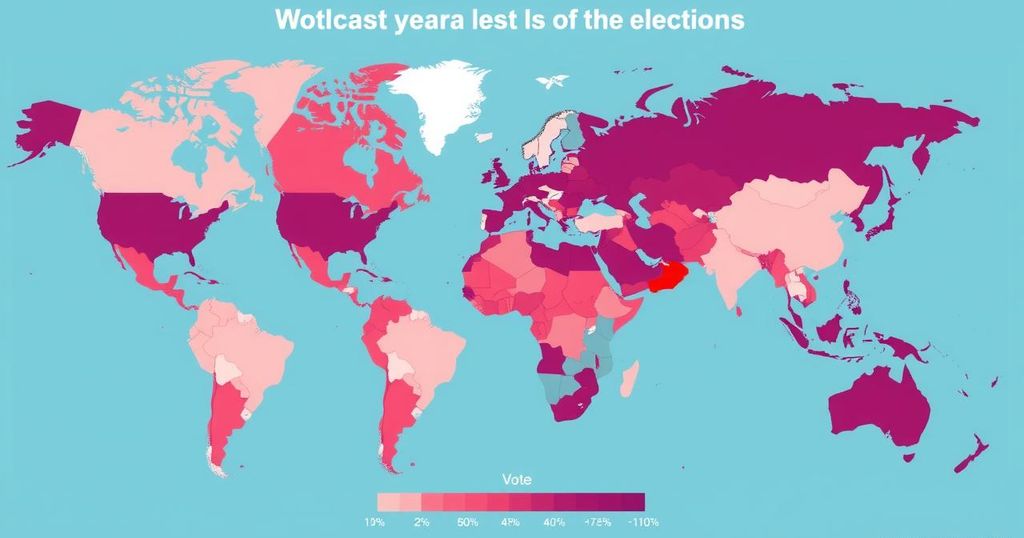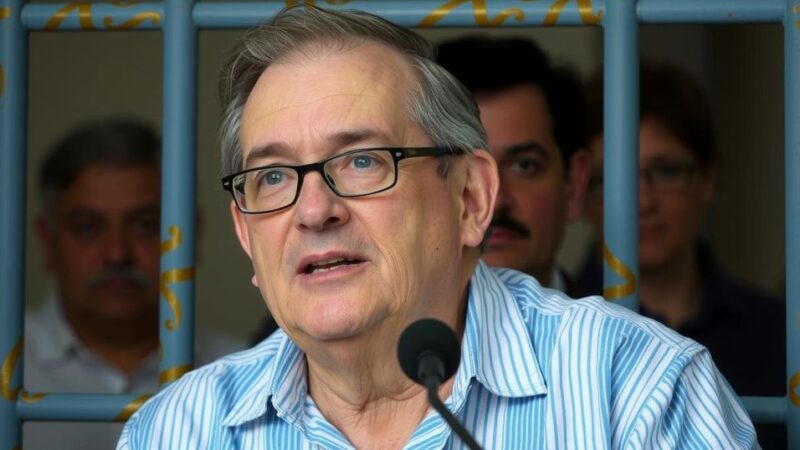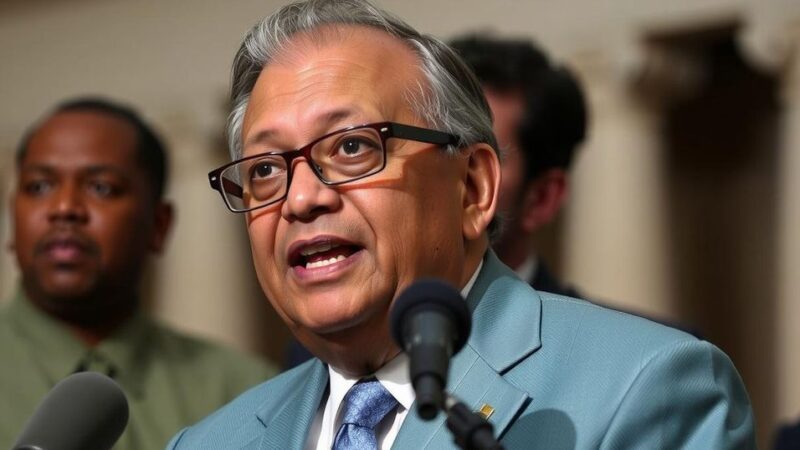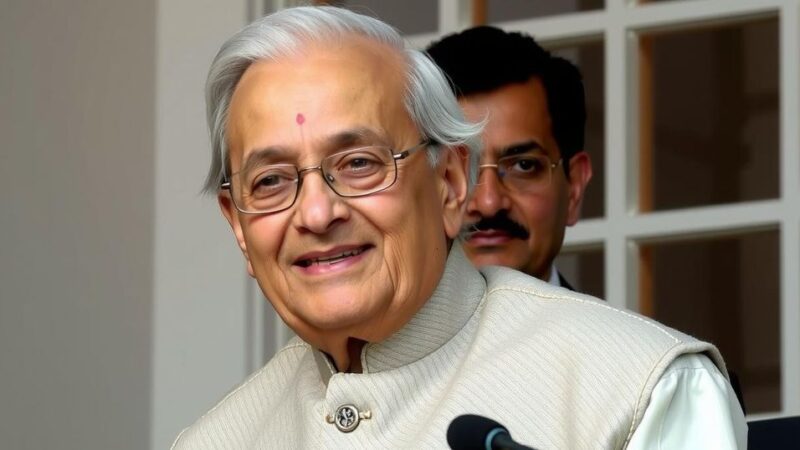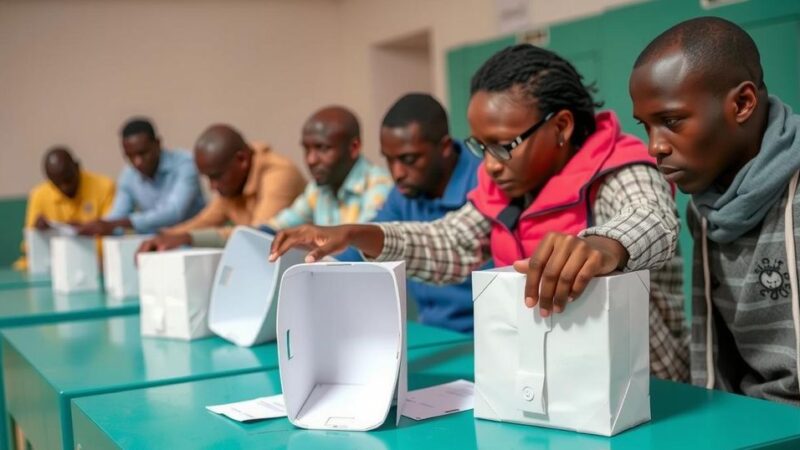In 2024, global elections illustrated significant changes in leadership, widespread protests, and critical challenges to democracy. Notable developments included the rise of female leadership in Mexico, a contested electoral outcome in Romania, and a historic win for Donald Trump in the U.S. The Global State of Democracy Report 2024 echoes concerns over declining electoral integrity and engagement, while underscoring the resilience of democratic ideals in the face of adversity.
In 2024, elections held across the globe yielded remarkable outcomes, reflecting both triumphs and challenges for democracies everywhere. From significant leadership changes to increased political tensions, the implications of these elections are profound. Various nations experienced protests, surprises in electoral results, and some even led to annulled elections, indicating an ongoing struggle for democratic integrity and representation. Notably, the context of these elections reveals a growing concern about the overall state of democracy worldwide, as many citizens remain engaged in ensuring their voices are heard despite facing significant obstacles.
Elections commenced in Bangladesh where Prime Minister Sheikh Hasina was re-elected but faced violent protests leading to her fleeing the nation. France saw unexpected results as Marine Le Pen’s party faltered, while Mexico celebrated Claudia Sheinbaum becoming its first female president. Iran’s presidential election produced its first reformist leader in two decades following Ebrahim Raisi’s untimely death. On the other hand, Romania had its election annulled amid foreign interference claims. India’s election was notably lengthy, with a record-breaking voter turnout that ultimately favored Modi’s coalition.
In other noteworthy transitions, the UK and South Africa experienced significant governmental shifts, marking the end of long-standing political eras. Russia, Syria, and Venezuela, however, raised concerns over election integrity, as allegations of suppression and manipulation lingered. The United States election resulted in Donald Trump’s historic return to office, while nations like Taiwan and Georgia highlighted struggles against external pressures and internal dissent.
Nevertheless, the year was not without setbacks; South Sudan continues to grapple with instability, postponing its first elections. Ireland’s recent election demonstrated troubling trends in voter engagement, producing a complex landscape for future governance. As evidenced in the Global State of Democracy Report 2024, the quality of elections has declined in many countries, exacerbating concerns about democratic practices globally.
Dr. Seema Shah, a prominent figure in democracy assessments, noted, “We see turnout dropping also around the world, while protests and riots around elections increase.” Yet, she also expressed a flicker of optimism, highlighting the enduring global commitment to democratic ideals despite the prevailing challenges. These mixed results underscore the importance of safeguarding democratic practices and the engagement of citizens in upholding their rights.
The 2024 elections signify a pivotal moment in global politics, illustrating how democratic processes are challenged and evolving amidst rising tensions, protests, and political realignments. Various significant elections occurred worldwide, marking transitions in leadership, revealing societal unrest, and demonstrating growing political engagement among the populace. The situation highlights a broader narrative regarding the persistence of democratic ideals and practices, particularly in nations facing electoral integrity concerns and efforts to manipulate democratic processes.
The 2024 elections have revealed critical insights about the state of democracy internationally, showcasing both progress and alarming setbacks. While many nations face tense political climates with rising voter apathy, others experience significant leadership changes that reflect the people’s will. Individuals and communities globally continue to prioritize democratic participation, demonstrating resilience in the face of adversity. Ultimately, these developments underscore the essential need for transparency, integrity, and continued advocacy for democratic rights.
Original Source: news.sky.com

